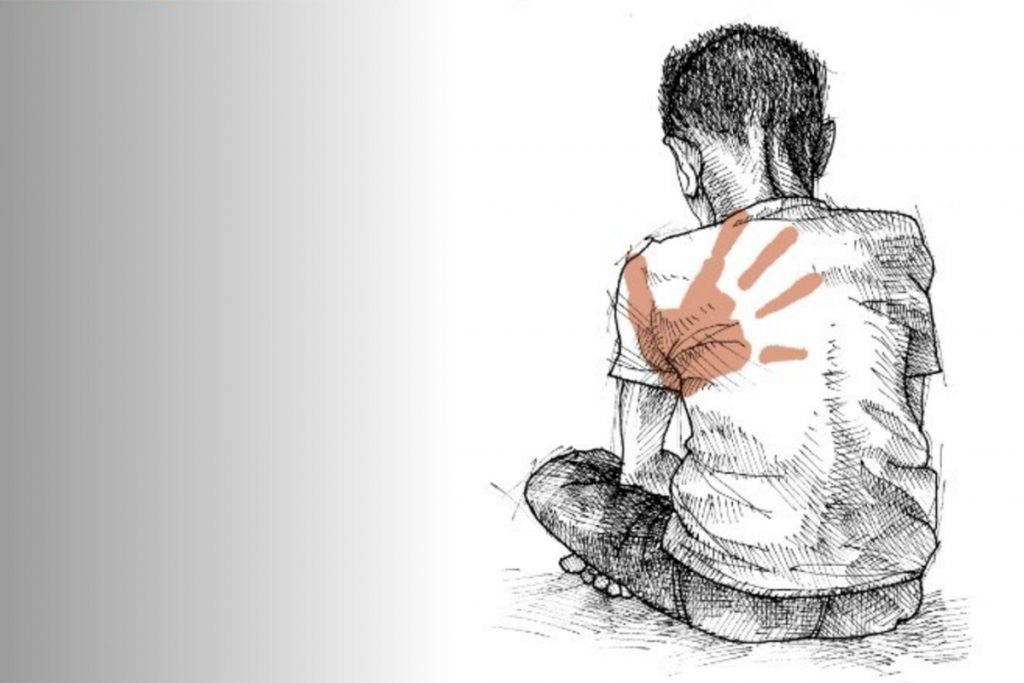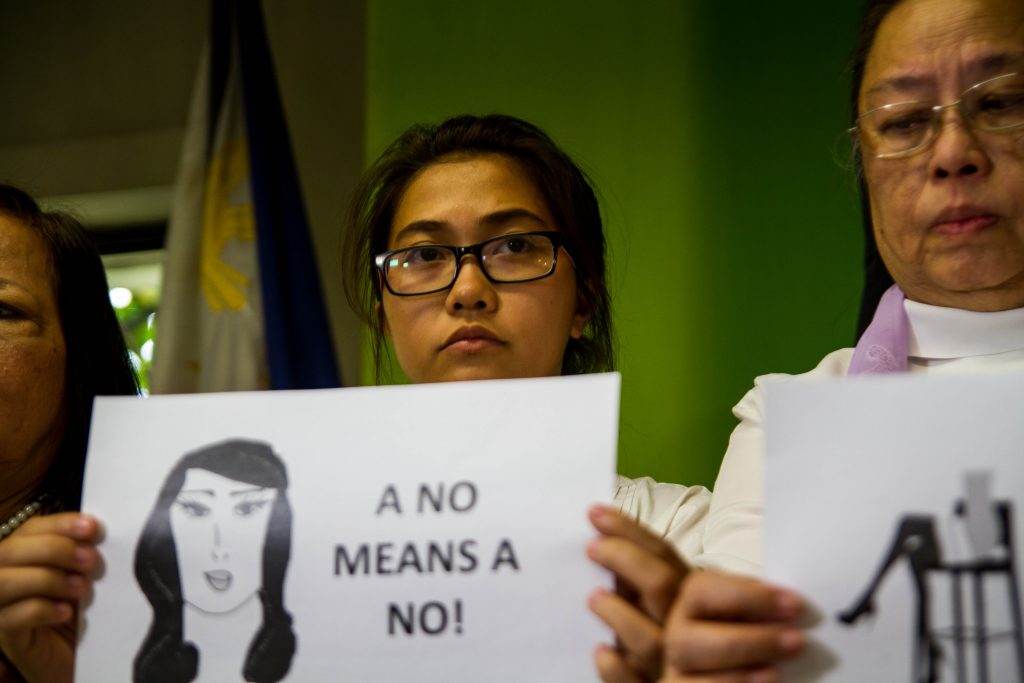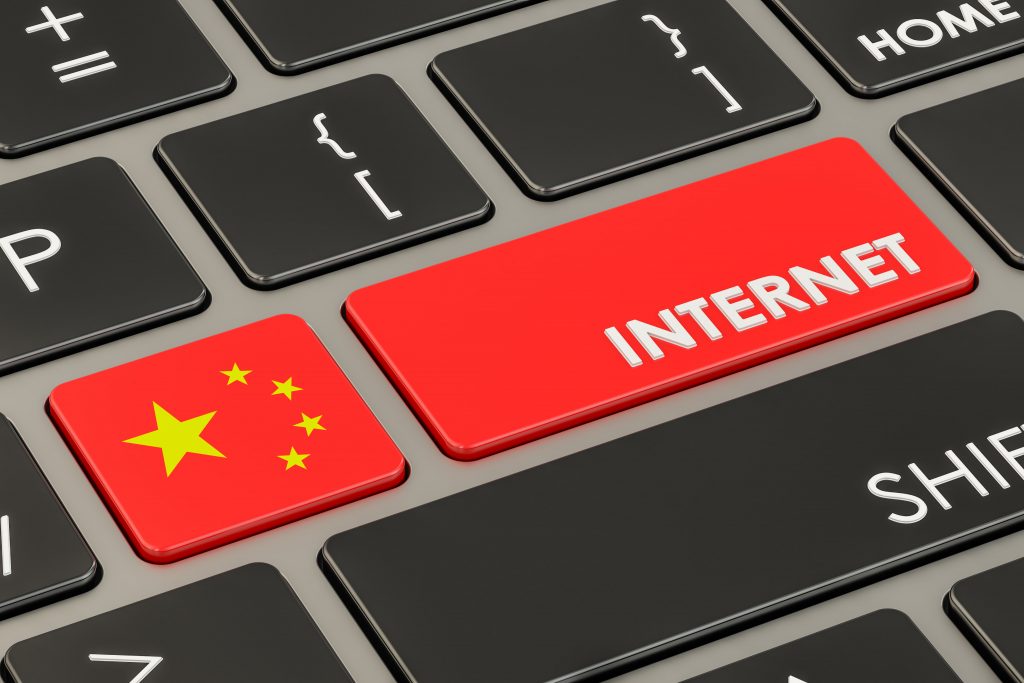
The live streaming of child sexual abuse and the proliferation of child abuse materials and images that result in sexual abuse and rape of children have greatly expanded during the pandemic.
Although the arrivals of international child sex tourists have fallen in the Philippines, there are still resident foreign pedophiles abusing children.
The Internet Watch Foundation (IWF), a leading charity tracing pedophiles online and monitoring and closing down child abusing web sites, reported that there were 8.8 million attempts by child sex abusers in the UK to access these sites during the pandemic.
The pedophiles are using their Internet Service Providers (ISPs) to access abusive videos and sexual abuse images of children online, to share them and order sex acts online where children are abused.
This is shocking and astonishing and this 8.8 million figure is from the UK alone. The traffic of child sexual abuse material through the ISPs is hundreds if not thousands of millions world-wide.
The IWF is one of the few effective organizations battling the abusers and trying to reduce the number being abused. Yet they cannot stop all and millions more around the world are surely getting child abuse material through the ISPs.
“Anyone providing Internet Services should be doing everything they can to keep the users on their network safe and to protect them. Of course, the Internet doesn’t respect borders, so it is key that companies step up as well,” said Susie Hardgrave of the Internet Watch Foundation.
This very dedicated CEO is calling on ISP companies worldwide to get involved and do their moral and legal duty in blocking the proliferation of child sexual abuse images.
At present, the ISPs depend on the IWF to do the work for them and the IWF finds and shares with the ISPs the abusive websites and images they find and advise the ISPs to delete and block them.
But this is primarily the duty of the ISPs themselves. The IWF can’t police the entire world. They are showing the way. How much should the ordinary subscriber be responsible for subscribing to an ISP that does not block or filter child abuse material and should they not hold their ISP to account.

Their own children might become victims of the child abuse material or be influenced or groomed online. Since every ISP is connected to every other ISP, there is a global responsibility for them to work together to install the blocking software. This will make it very difficult for pedophiles and child abusers to peddle, watch and share abusive material.
In most nations around the world, ISPs claim that they are not responsible for what their customers and the users post there. They deny that they are responsible for the offensive abusive material.
Some ISPs claim that they deploy web crawler software and according to IWF, 155 ISPs have opted to deploy Microsoft DNA software. There are hundreds of thousands of ISPs around the world who do little or nothing to block child sexual abuse material that is passed through the servers of the ISPs.
Since the western countries recently agreed to pass laws to hold multinational corporations subject to at least 15 percent tax payments globally, why can’t they hold the ISPs to use better and more efficient Artificial Intelligence-blocking software to protect children?
We must continue to expose the evil of online child abuse to pressure governments and corporations to take dedicated and coordinated action to pass and implement strict laws to protect children online by compelling ISPs to install blocking software.
The solution they say is very complicated but the truth is actually simple. Most of the ISPs have chosen not to deploy software to identify, trace and block the terrible crimes against children. They want to make more money.
They find refuge and protection behind Section 9 of the US law known as the Decency Communications Act. It says that the ISPs are not to be held responsible for what is posted or passes through their servers.

They should be held responsible by right and duty to protect vulnerable children from sexual exploitation and abuse, but for them money comes first and overrides this urgent moral duty.
The public must realize that this transmission of child abuse images and live streaming of abuse videos is going on and allowed by the very ISPs whom they pay fees to connect them to the Internet. Their computers and laptops are using the ISPs that are enabling the abuse.
We all need to stand up and say they must protect children and compel legislators to pass such laws.
In the Philippines, there is no such blocking service provided by the ISPs even though since 2009 the law, RA 9775, says they must do it.
After a long campaign by Preda Foundation since 2009, PLDT/Smart has recently signed on to the IWF list of newly-found abusive web sites and says they have blocked 10,000 of them. That is just a drop in the ocean of millions of child abusive sites and images passing through their servers. Globe, Converge and Dito and other Philippine ISPs have not said if they will obey the law.
The law is demanding that the Philippine ISPs obey the 2009 law (RA 9775) and install blocking software like Microsoft PhotoDNA and VideoDNA or other Web Crawlers to detect and block images of child sexual abuse.
A revised version of RA 9775 is being prepared and to be sure we can surmise that there is fierce pressure and lobbying going behind the scenes to water down the provisions of the revised RA 9775.
One congressman at least has gone public suggesting the blocking provision should be scrapped altogether. How influential the ISPs are in promoting his political ambitions has yet to be revealed.
However, senators of principle are totally committed to overturning such attempts and will push through a stricter law increasing substantially the obligation to install the software and increase the fines on the ISPs that fail to comply.
That would be a massive service to the hundreds of thousands of abused children raped every hour around the world. The abuse must be stopped and we must campaign to make it happen.
Irish Father Shay Cullen, SSC, established the Preda Foundation in Olongapo City in 1974 to promote human rights and the rights of children, especially victims of sex abuse. The views expressed in this article, which is syndicated in various media platforms, are the opinions of the author and do not necessarily reflect the editorial stance of LiCAS.news.
Source: Licas Philippines
0 Comments